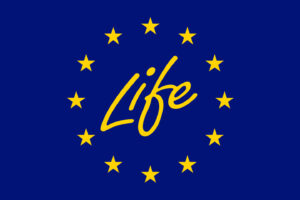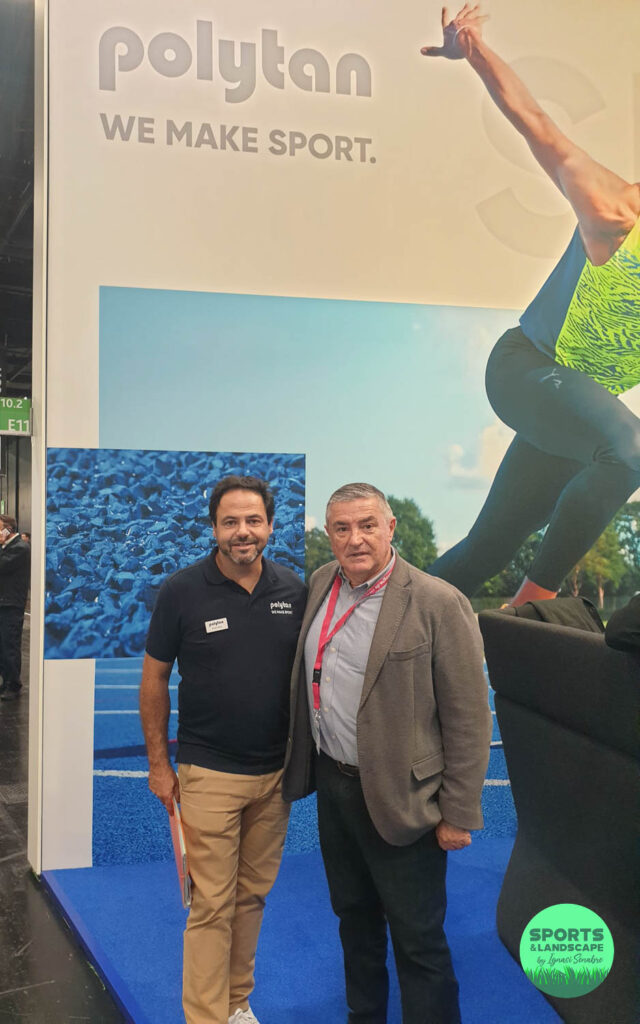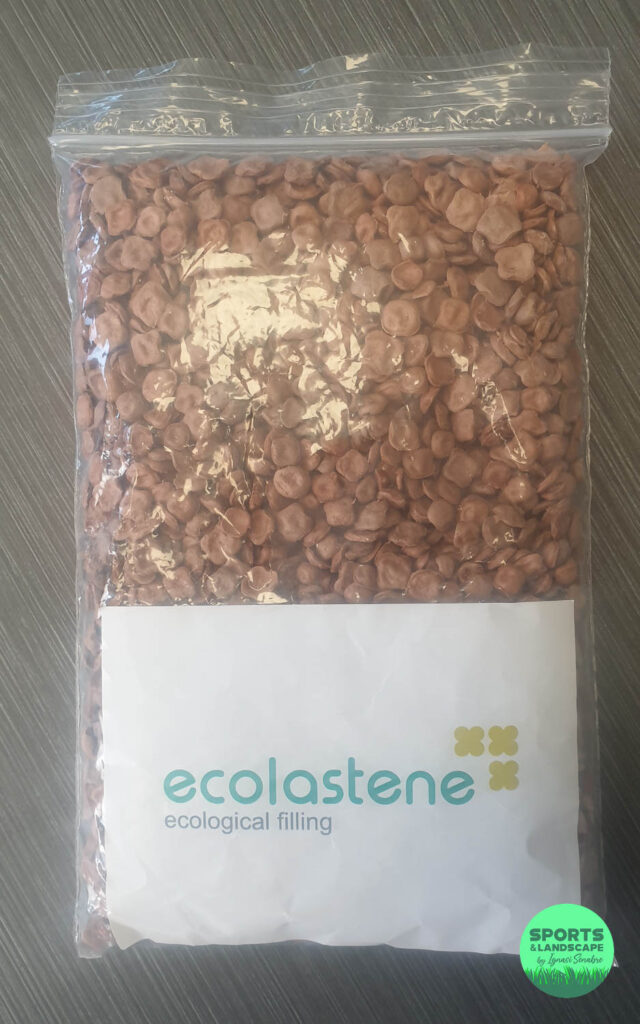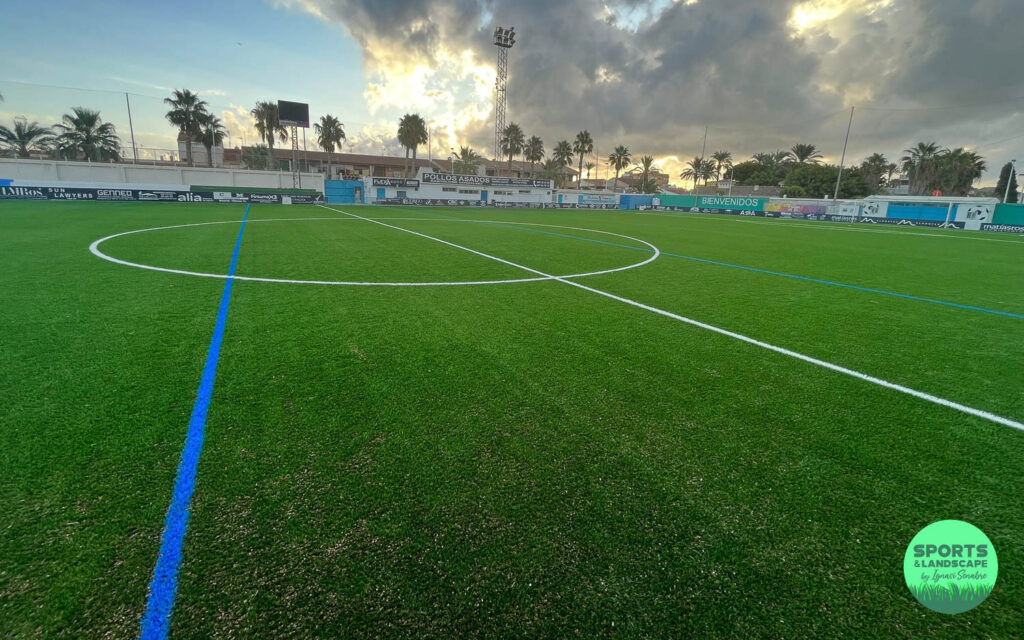Sports & Landscape, partner of the European LIFE T4C project for the development of the artificial turf of the future
 Sports & Landscape is a participating partner of the European LIFE T4C project, whose objective is the development of totally sustainable artificial turf sports fields, avoiding the use of microplastics, in accordance with the new European regulations.
Sports & Landscape is a participating partner of the European LIFE T4C project, whose objective is the development of totally sustainable artificial turf sports fields, avoiding the use of microplastics, in accordance with the new European regulations.
By admitting this project to its LIFE programme, the European Commission has accepted that synthetic grass sports fields must continue to be usable. Not only do they offer optimal playability in all weather conditions, they are also more sustainable than natural grass and are within the reach of all sports clubs, municipalities and other private players. Hence the great demand that exists.
However, Sports & Landscape and the rest of the participants are aware of the need to move towards a more sustainable solution, which avoids the use of intentionally added microplastics, such as rubber filler from recycled tires.
Furthermore, the current management of turf fields at the end of their useful life is unsustainable, as in many cases they end up in landfills, something that Sports & Landscape always avoids as far as possible by recycling all materials.
As a result of this environmental concern, the six partners (Green World Compounding, Polytan, Hauraton, University of Castilla La Mancha, Espama Comunicación and Sports & Landscape) came together to work on this project, to develop safe and sustainable artificial turf fields, aligned with European policies and new legislation.
In this sense, the LIFE T4C project will create a new value chain to demonstrate a safe and sustainable turf system while meeting the strict technical requirements and needs of end users. An alternative material to tire rubber, such as Ecolastene and sand, will be implemented for filling, and an efficient retention system will be integrated into the field to prevent leaks of plastic fibers into the environment.
LIFE T4C also aims to propose sustainable management of materials at the end of their useful life, including an optimal disassembly and classification system that will allow turf elements to be separated into families of materials for reusing or recycling.
According to our calculations, the adoption of the value chain proposed by LIFE T4C will produce relevant results such as a 41% reduction in CO2 emissions per field produced compared to conventional ones. In addition, the use of about 84,000 kilos of rubber per field will be avoided.
The six partners from two European countries involved in this project stand out for their environmental commitment and their diversity of profiles, to offer all the necessary knowledge of the value chains related to artificial turf, from the manufacturing of the infill and the synthetic grass to the recycling of materials, as well as experts in plastic retention systems and health applied to sports.



